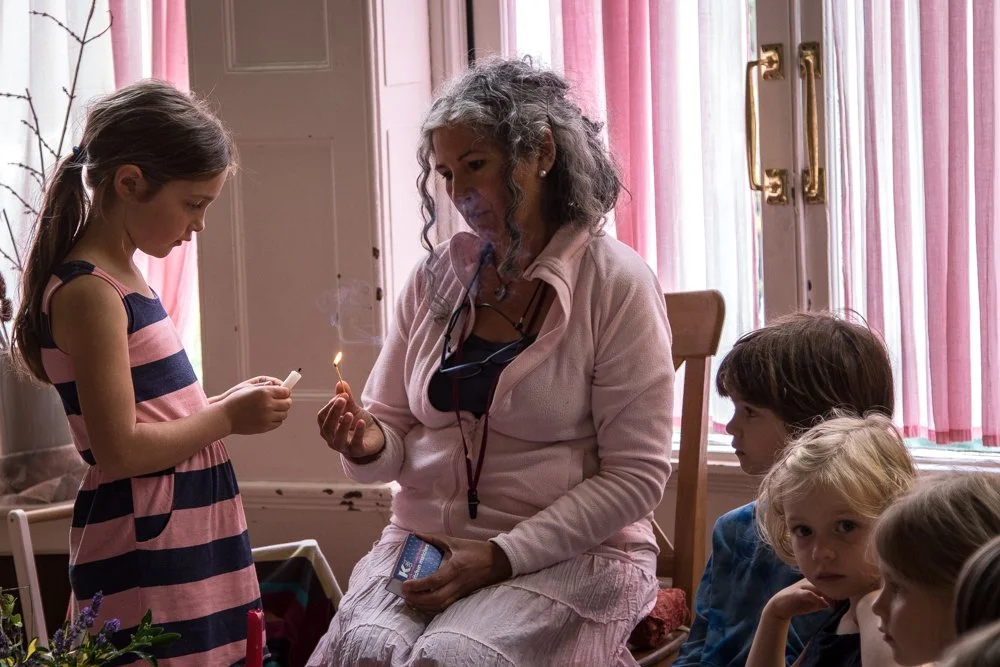
We Learn With Joy
Our Waldorf Curriculum
Our contemporary Waldorf curriculum is broad, balanced, ambitious and challenging; both meeting and exceeding the UK National Curriculum.
Waldorf engages the brain, body and the whole self to enable young people to have a deep understanding of both the world and themselves - integrating practical work, projects and the arts into all academic disciplines, including Maths, English, Sciences and Humanities.
Academic lessons combine intellectual, creative, and practical content, and our curriculum meets the intellectual, physical and emotional development at each class age, expanding upwards in depth and breadth.
Our rich and complex curriculum is for children and students within a mainstream academic ability. We teach holistically and creatively, integrating subject matter into blocks of academic and experiential learning plus specialist subjects, Arts, Crafts, Drama, Trips and Sports.

A syllabus for the world of tomorrow
Integrated
We interweave academic & creative subjects together into themes or 6-week blocks in a way that replicates learning in real life. For example studying mathematics might involve art, science can link to history or languages to practical work.
Child-Focused
We follow the European & Scandinavian norm, beginning formal education at age six, with academic concepts & physical skills introduced as age-appropriate as pupils progress through Class 1-12.
Dynamic
Our lessons are contextual, dynamic & responsive. Teachers to adapt when & what they teach to reflect the class and pupils’ interests. It is not a ‘one-size fits all’ approach, allowing great depth on subject matter.
Immersive
Experiential teaching gives children the opportunity to learn through 'doing', with self-driven & physical projects part of day-to-day academic life. Local, national & international trips, and learning experiences take place across the years.
Our Waldorf Qualification
Our students aged 15-18 study the NZCSE - the 3-year international Waldorf qualification - plus GCSE Maths & English.
Based on continuous assessment the NZCSE is equivalent to A-Levels or the International Baccalaureate and is accepted by UK universities and UCAS for university admission.
More similar to the IB, the NZCSE is a broad academic qualification, spanning Maths, English, Sciences, Social Science, Languages, Humanities, Arts, Craft, Music, and Drama.
Points-based and with external moderation, students can focus on areas of interest, with the flexibility to develop personal strengths and skills more deeply than A levels. Assessments include essays, oral presentations, performances, portfolios, practicals, reports and tests throughout the three years.
Alongside excellent intellectual and academic achievement, the NZCSE supports physical, social and emotional development. As students navigate their teenage years the NZCSE enables them to become balanced, well-rounded and mature young adults, able to pursue their future with confidence and self-belief.
University offers to UK NZCSE students include:
Aeronautical Engineering (Leeds)
Physics (Cambridge)
Mathematics & Computer Science (York)
Biological Science (Durham)
English Lit (Newcastle)
Acting (RADA)
Psychology (Bristol)
Aeronautical Engineering (Leeds) Physics (Cambridge) Mathematics & Computer Science (York) Biological Science (Durham) English Lit (Newcastle) Acting (RADA) Psychology (Bristol)
How We Teach
The Waldorf ‘Main Lesson’
The Waldorf ‘Main Lesson’ is for 2-hours every morning and is the primary way we teach all academic subjects except for foreign languages.
This enables pupils to explore a single academic subject area in great depth in blocks of three or four weeks.
Literacy and numeracy teaching are incorporated into these blocks and learning is consolidated with recall and artistic work.
Children create ‘main lesson workbooks’ as they write about, draw and record their learning to cement their understanding of the subject.
The Main Lesson in the younger years Class 1-3 includes movement or musical activities throughout the morning, with singing, music, painting, movement becoming tools for learning rather stand-alone skills.
Main Lesson themes and subjects are specific to each ClassYear.
Why the ‘Hi-Tech’ world embraces the Waldorf curriculum
This film from Silicon Valley shows why entrepreneurs, Stanford University researchers, Investment Bankers, and parents who run some of the largest hi-tech companies in the world, believe children need Waldorf education to navigate the challenges of the 21st Century and to be equipped to find success, purpose, and joy in their adult lives.
What we teach
-

Mathematics
-

Critical Thinking
-

Modern Foreign Languages
-

Literacy
-

Humanities
-

Physics
-

Music & Voice
-

Physical Games & Sport
-

Creative Crafts
-
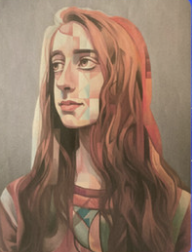
Art & Design
-

IT & Computing
-
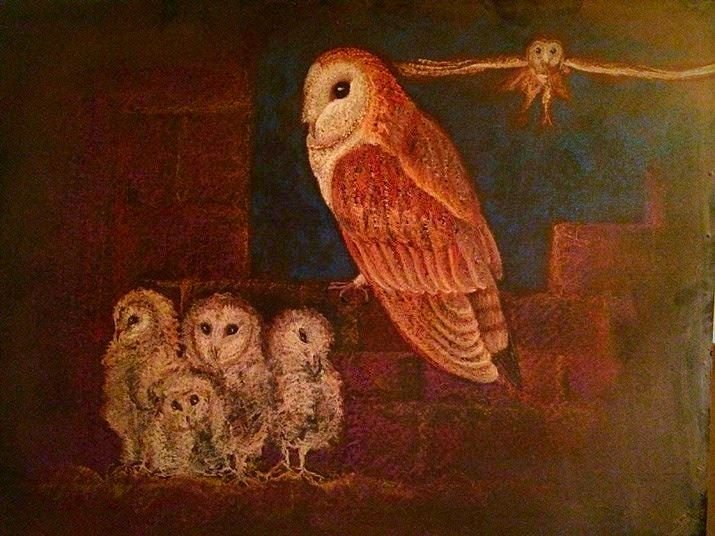
Classical Studies
-

Astronomy
-

Chemistry
-

Biology
-

Drama
-

Nature Studies
-

Latin
-

Botany
-

Independent Research & Presentation
-

Economics
-

Human Geography
-

Zoology
-

Physical Geography
-

Ancient & Modern World History
-

Eurythmy
-

Blacksmithing
-

Movement & Dance
-

Circus Skills
-

Gardening & Horticulture
-

Climbing
-

Yoga & Mindfulness

“Our highest endeavour must be to develop free human beings who are able of themselves to impart purpose and direction to their lives.”
Rudolf Steiner
Inspiring Determination
We get children and young people excited about their own education and learning. Our Waldorf curriculum is designed to inspire and engage every type of learner, fulfilling pupils intellectually, actively, and emotionally in every lesson and activity.
We prepare children to be creative thinkers and problem solvers in an ever-changing and complex world.
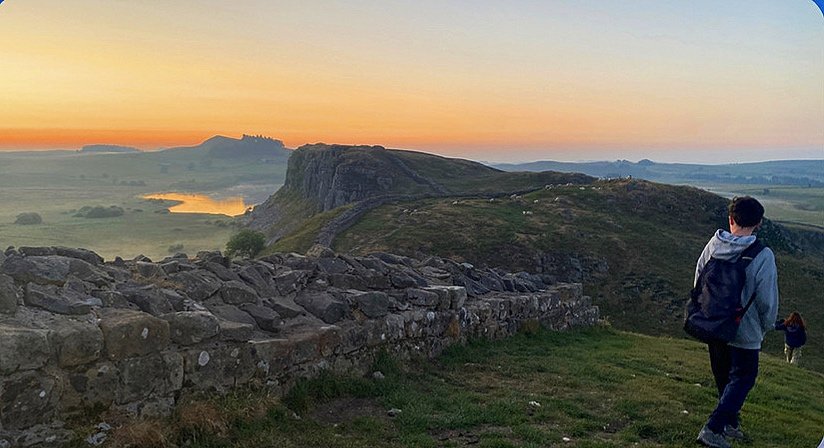
Exploring Our World
Trips, Visits & Adventures
Empowering children with experience of the world around them is a key feature of Waldorf education.
From local trips and explorations, research projects using London’s cultural museums and galleries, to immersive residential trips and team-building experiences.
-

Europe International Trip
Class 8
-
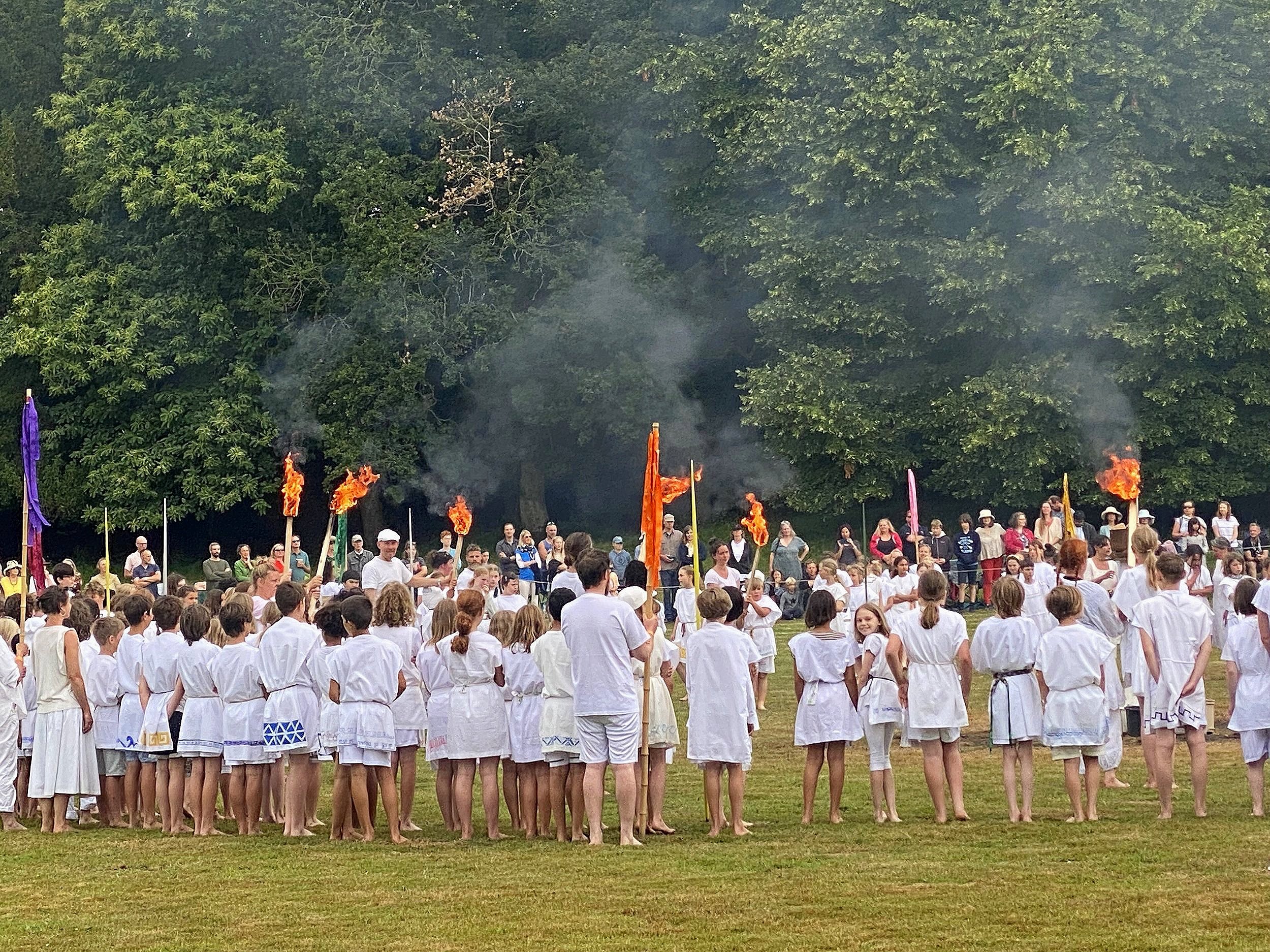
‘Ancient Greek Olympics’
Class 5
-

Farm Residential
Class 3
-

Viking Longhouse Residential
Class 4
-

Hadrian’s Wall Residential
Class 6
-
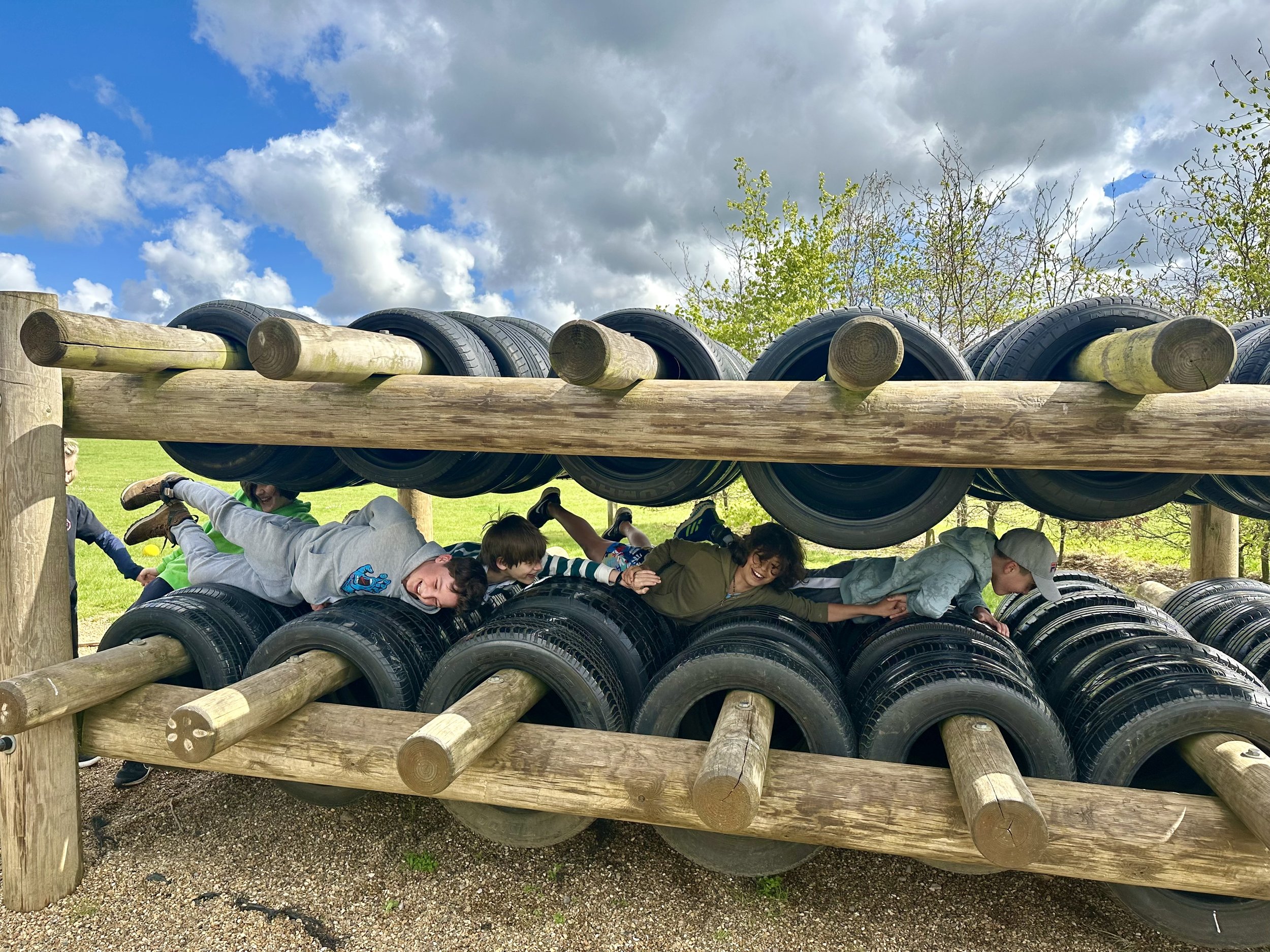
Kingswood Activity Centre, Kent
Classes 5-7
-

Ancient Egypt & Craft at The British Museum
-

Zoology Visit, Howletts
Class 4
-
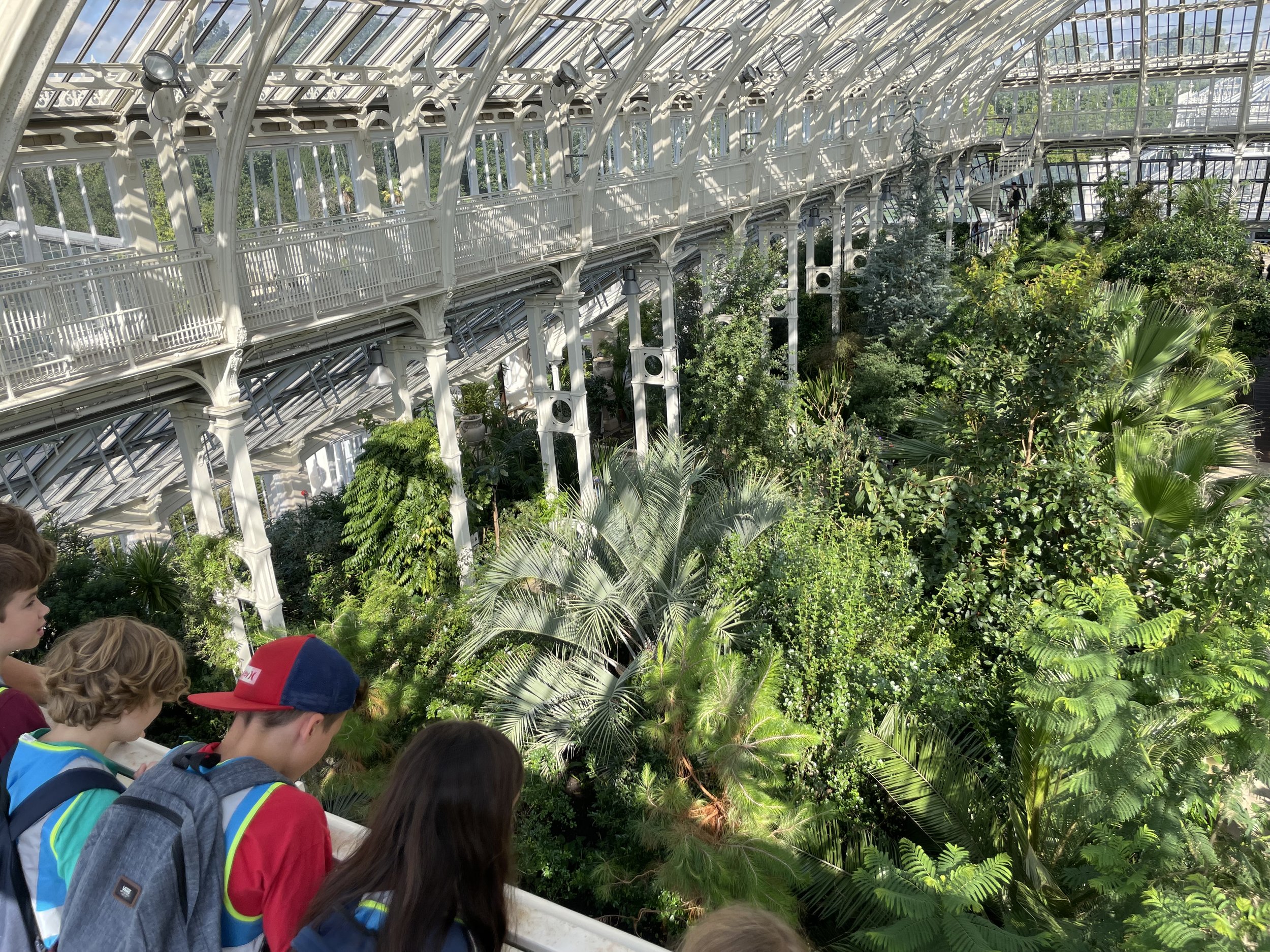
Botany Visit, Kew Gardens
Class 4
-

Mandeer Temple
Class 5
-

Horniman Museum
Class 7 Ethnography
What Our Pupils Say
-
“One of my favourite things is the independence.”
Nadine, Class 9
-
“I really enjoy the friendly nature and the real commitment from the teachers so I really feel supported. I enjoy it a lot.”
Sylvan, Class 10
-
"There’s a wide range of subjects which are very fun to learn and the teachers give very good support."
Lucia Class 11
-
“I loved the challenge of our Class 8 project - being able to choose your own subject and then research and work on it in detail was really fun.”
Balthazar, Class 8
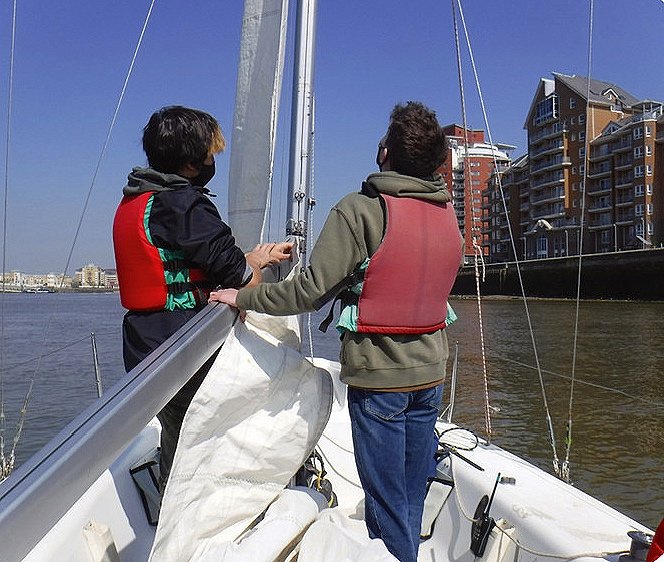
Enjoying Our World
Games, Sport and Activities
We Enjoy Our Active World
Children and students enjoy a wide variety of meaningful physical activities, which expand as they grow and develop with age.
Lower School focuses on children enjoying physical activities and learning to move their bodies skilfully, with lots of playful outdoor group games to improve hand-eye co-ordination, balance, strategy and strength, along with Eurythmy from Class 1 and Swimming lessons in Class 3.
Class 5 introduces pupils to athletics and the Waldorf Olympics.
Middle and Upper school students experience a wide variety of structured and competitive sports including Tennis, Sailing, Basketball and Fencing.
-

Swimming
-

Sailing
-

Tennis
-

Climbing
-

Rounders
-

Archery
-

Fencing
-

Badminton
-

Basketball
-

Circus Skills
-

Outdoor 'Games
-

Contemporary Dance
-

Eurythmy
-

Athletics
-

Trampolining



